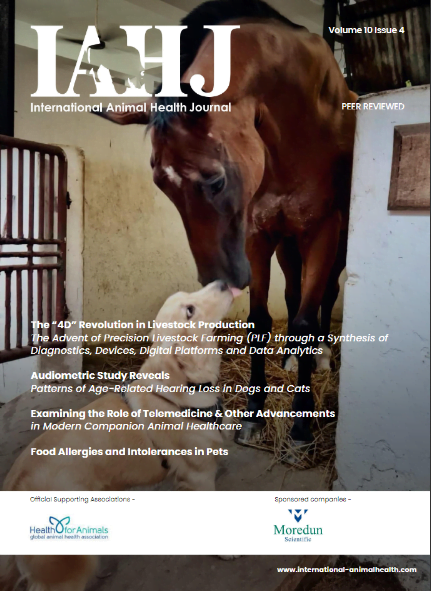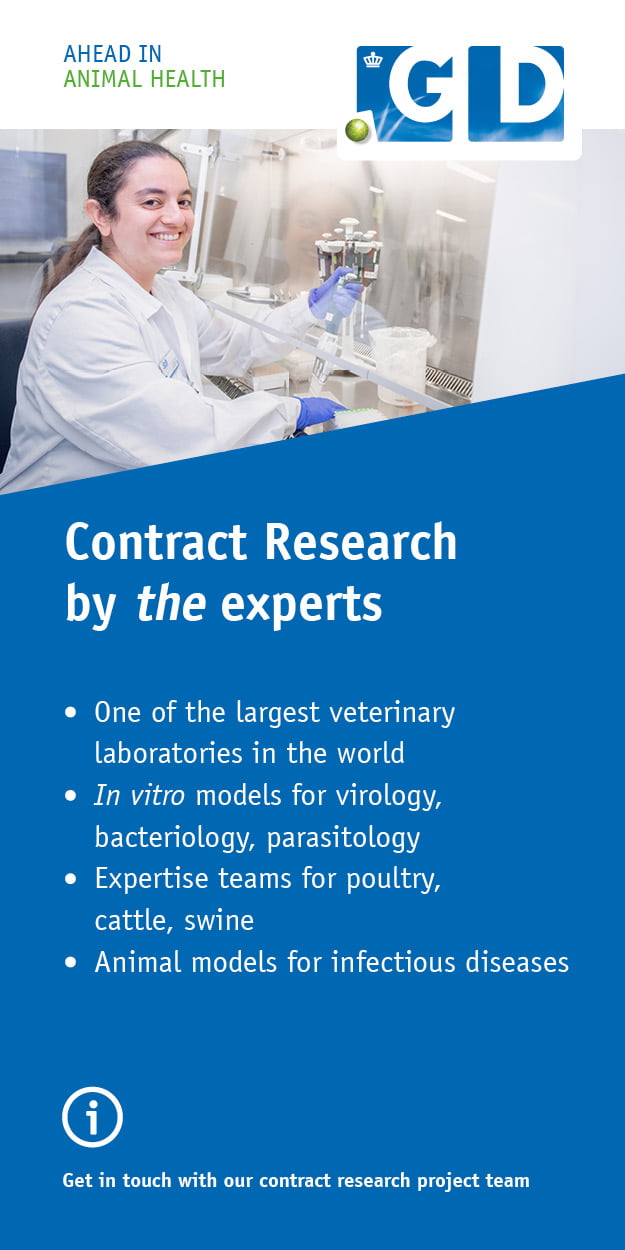Veterinary researchers have this month exposed alternative medicine as just a trick of the mind in a new book: No Way To Treat A Friend and a peer-reviewed scientific paper published in the Veterinary Record titled: Comparison of veterinary drugs and veterinary homeopathy.
The authors of both the book and the scientific paper say that their work has important implications for human health.
The Veterinary Record paper was authored by a team of veterinary surgeons led by Professor Peter Lees at the Royal Veterinary College in London. It is the most comprehensive review of the best available evidence, research and scientific trials into the efficacy and plausibility of veterinary homeopathy compared to conventional medicine yet published. It concludes: “Homeopathy appears to be one of many examples from the history of medicine, of therapies, conventional and otherwise, which were thought to be effective but were later proved to be ineffective or even harmful.”
No Way To Treat A Friend goes further and explains how most of the claims made for other forms of alternative medicine, such as chiropractic, traditional Chinese medicine, acupuncture and herbal, are scientifically impossible.
One of the authors of book, Niall Taylor MRCVS said: “The interesting question is why so many people believe in treatments that are, to all intents and purposes, impossible. This is where I hope we can shed some light. In the book, we explain how our brains are hard-wired to trick us into thinking that a treatment, however far-fetched, is working when in fact it is not.”
Three of the ways that the human mind tricks itself into thinking that a treatment is effective are ‘confirmation bias’, ‘regression to the mean’ and ‘false cause fallacy’.
Confirmation bias is the way that the human mind interprets information in a way that supports our beliefs and preconceptions. We’re told we’re being given a miracle cure. We trust the person telling us, so we believe it. Thereafter, we tend to select information that supports that belief and reject any that contradicts.
Regression to the mean is the error caused by the fact that we usually give (or take) medication when we’re feeling unusually ill. So we’re statistically likely to start feeling better (return to the mean) regardless of whether we take a medicine or not. But if we do, the urge to believe the improvement was due to the medication is profound.
False cause fallacy occurs when we draw false conclusions based on the order of events. In other words, we took the pill at 8:00pm and the symptoms improved by 8:30pm, therefore the pill eased the symptoms. Not necessarily.
Professor Peter Lees said: “The great beauty of the scientific trials is that they strip out subjective, usually mistaken human assessments of a response to treatment, whether in animals or humans.
“Perhaps the most important lesson from this work, aside from being more questioning about the claims made for alternative medicines, is to disregard anyone who tells you a treatment must work because they or their pet got better on it. There’s a good chance they’re wrong. The only way to know is through controlled scientific trials.”
Although the work carried out by these veterinary surgeons focuses on the use of alternative medicine in animals, it reveals errors in thinking which have an important application in human medicine, particularly for patients suffering chronic and variable diseases.
Arlo Guthrie, Editor of VetSurgeon.org, the online community for veterinary surgeons said: “Animals don’t have a choice about what medication they take, nor can they experience the placebo effect. That makes this new book and research even more important, because the authors are able to focus on one simple question, uncomplicated by placebo, vested interest or conspiracy theories: does it work?
“When it comes alternative medicine, the book and the paper conclude that the answer is a resounding ‘no’.”
The Veterinary Record paper was authored by a team of veterinary surgeons led by Professor Peter Lees at the Royal Veterinary College in London. It is the most comprehensive review of the best available evidence, research and scientific trials into the efficacy and plausibility of veterinary homeopathy compared to conventional medicine yet published. It concludes: “Homeopathy appears to be one of many examples from the history of medicine, of therapies, conventional and otherwise, which were thought to be effective but were later proved to be ineffective or even harmful.”
No Way To Treat A Friend goes further and explains how most of the claims made for other forms of alternative medicine, such as chiropractic, traditional Chinese medicine, acupuncture and herbal, are scientifically impossible.
One of the authors of book, Niall Taylor MRCVS said: “The interesting question is why so many people believe in treatments that are, to all intents and purposes, impossible. This is where I hope we can shed some light. In the book, we explain how our brains are hard-wired to trick us into thinking that a treatment, however far-fetched, is working when in fact it is not.”
Three of the ways that the human mind tricks itself into thinking that a treatment is effective are ‘confirmation bias’, ‘regression to the mean’ and ‘false cause fallacy’.
Confirmation bias is the way that the human mind interprets information in a way that supports our beliefs and preconceptions. We’re told we’re being given a miracle cure. We trust the person telling us, so we believe it. Thereafter, we tend to select information that supports that belief and reject any that contradicts.
Regression to the mean is the error caused by the fact that we usually give (or take) medication when we’re feeling unusually ill. So we’re statistically likely to start feeling better (return to the mean) regardless of whether we take a medicine or not. But if we do, the urge to believe the improvement was due to the medication is profound.
False cause fallacy occurs when we draw false conclusions based on the order of events. In other words, we took the pill at 8:00pm and the symptoms improved by 8:30pm, therefore the pill eased the symptoms. Not necessarily.
Professor Peter Lees said: “The great beauty of the scientific trials is that they strip out subjective, usually mistaken human assessments of a response to treatment, whether in animals or humans.
“Perhaps the most important lesson from this work, aside from being more questioning about the claims made for alternative medicines, is to disregard anyone who tells you a treatment must work because they or their pet got better on it. There’s a good chance they’re wrong. The only way to know is through controlled scientific trials.”
Although the work carried out by these veterinary surgeons focuses on the use of alternative medicine in animals, it reveals errors in thinking which have an important application in human medicine, particularly for patients suffering chronic and variable diseases.
Arlo Guthrie, Editor of VetSurgeon.org, the online community for veterinary surgeons said: “Animals don’t have a choice about what medication they take, nor can they experience the placebo effect. That makes this new book and research even more important, because the authors are able to focus on one simple question, uncomplicated by placebo, vested interest or conspiracy theories: does it work?
“When it comes alternative medicine, the book and the paper conclude that the answer is a resounding ‘no’.”











